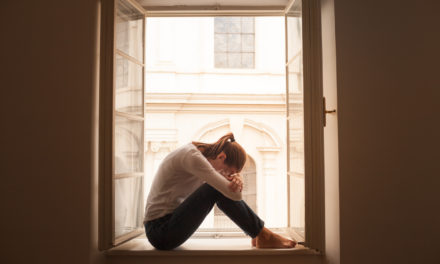Everyone knows that walking is one of the healthiest exercises, which is why physicians recommend 150 minutes a week. But that’s a measure of volume. What about speed? Does that make a difference? A recent paper indicates it might.
Previous research focused only on amounts of exercise in minutes or steps. A team of epidemiologists in Sydney, Australia, looked at whether people who walked similar distances but at different speeds gained more or fewer health benefits. The paper was published in the British Journal of Sports Medicine.
The investigators identified 11 English and Scottish population-wide reports on more than 50,000 regular walkers with an average age in their late 40s. The walkers were grouped according to four speeds: slow, average, brisk and fast. Lastly, the researchers compiled mortality (from heart disease and cancer) rates during an average follow-up period of 9.2 years.
Participants who walked at an “average” speed, as opposed to “slow,” had a 20 percent lower risk of death during the follow-up period, they found. Those who walked at a “brisk” or “fast” pace enjoyed an additional 4 percent lower mortality rate. While optimal speeds vary with each individual’s age and fitness, a pace below 20 minutes per mile is generally considered average, and below 18 minutes per miles is brisk. Essentially all the benefit came from lower heart-related deaths. Walking pace had no effect on cancer rates.
“Ours was the first paper to isolate walking pace from overall physical activity volume,” said head researcher Emmanuel Stamatakis, professor of physical activity, lifestyle and population health at the Charles Perkins Center in Sydney. “We also took several steps to rule out the possibility that the slow walkers were in poor health to begin with.”
Next steps: Keep taking them. Your walking steps, that is. Walking more is better than walking less. But don’t fall into the trap of thinking that any languid stroll provides a big health boost. Keep out of the “slow” zone. Make sure you’re putting some effort into your walk.
“There’s no perfect pace for everyone,” Stamatakis said. “If you’re out of breath, you’re probably walking brisk or fast. An appropriate effort for those in a comfortable walking routine might be slightly out of breath.”
When you’re short of time, simply walk faster to increase the payoff. “A faster pace means you are challenging your physiology to make adaptations for better health and fitness,” he said.
 Photo Credit: gilaxia (iStock).
Photo Credit: gilaxia (iStock). 



Comment on: Want to be healthier? Pick up the pace